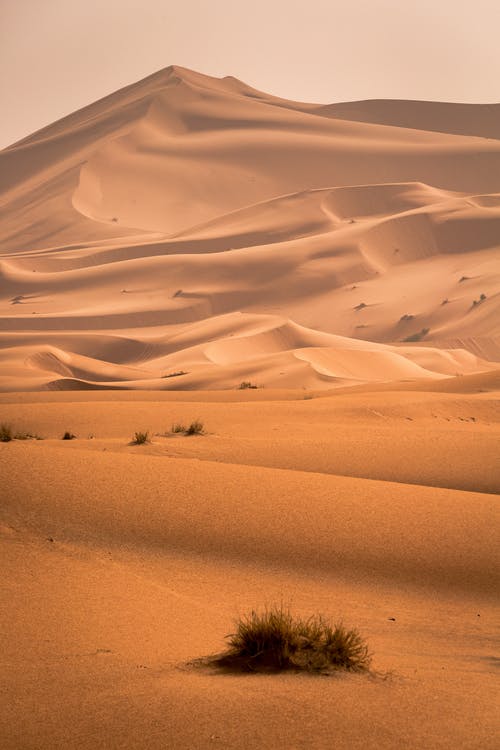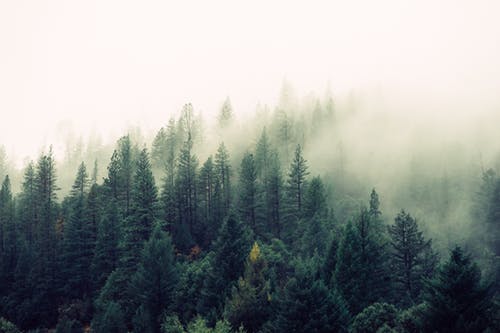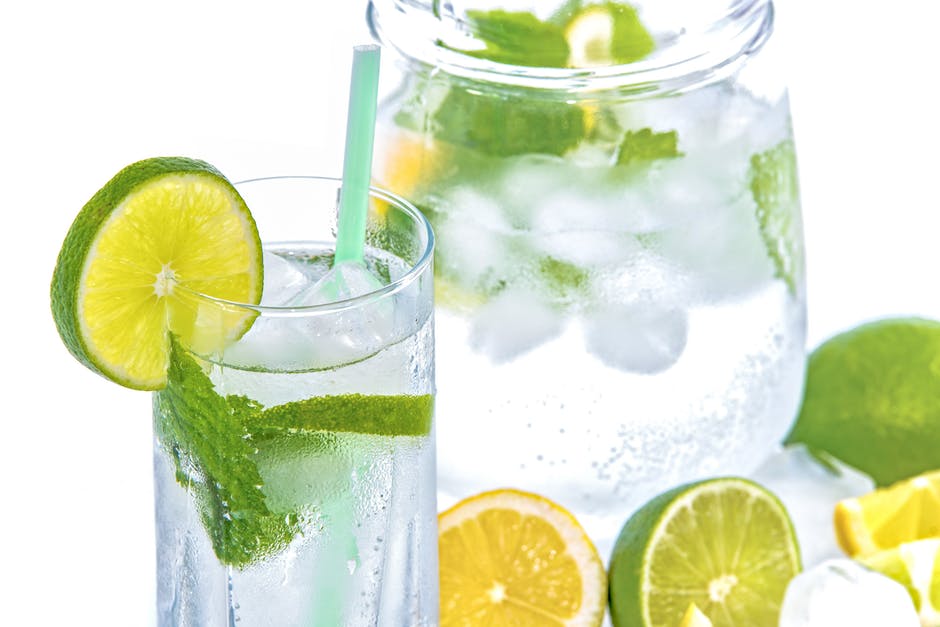
The harmattan season is here again. You must have noticed the dry and dusty weather with bursts of cold air in the mornings and nights and high temperatures during the afternoons. It is hard to miss. The period when it occurs is mostly November to March.
What you are experiencing is a result of sand and dust particles being lifted into the atmosphere from the Sahara and transported over long distances (over West Africa).
When these harmattan dust moves in the air, we basically inhale the particles into our bodies and have them deposited on our skin and in our eyes. Have you ever wondered what is in these particles? Well, the harmattan dust particles have been analyzed by different studies over the years.
A study by Enete et al 2012 (corroborated by other past studies) shows that the major mineral in the dust is silicon. Other minerals include kaolinite (Aluminum oxide, Silica), halloysite (Aluminum, silicon, hydrogen), microcline (Potassium, Aluminum, Silicate) and mica. Also, there are pollutants carried along with the dust.
Harmattan dust can be lodged deep in the lungs when inhaled. In fact, you would notice during harmattan that there is usually a break out of respiratory illnesses, bronchitis, and aggravation of Asthma.

Harmattan season usually heralds outbreaks of meningitis. Also, a 2019 working paper by National Bureau of Economic Research Cambridge reveals that these harmattan dust increases infant and child mortality (looking at the period of 1986-2006). Who would have thought?
Studies also show an increased risk of cardiorespiratory diseases (to do with heart and lungs).
Apart from these, harmattan places an economic burden on our already overburdened health facilities. To make matters worse, there tends to be more burning of refuse openly during this season. This is a cause for concern as we have more pollutants in the air being circulated further worsening the already poor visibility brought on by the harmattan haze.

So, how can we care for ourselves during this period?
- Wear clothing to cover up body (light clothing during the day but thick at night)
- Drink lots of fluids to hydrate (A university research says milk hydrates better than water)
- Wash hands and face more regularly
- Eat plenty of fruits and vegetables for the vitamins and minerals to protect you. Vitamin C supplements are also useful during this period especially when you do not have access to lots of fruits.
- Wash fruits and vegetables before consumption
- If you work outdoors most of the day, you might consider using a nose guard depending on the part of the country you reside.
Long term plans to mitigate the effect of the harmattan winds include afforestation to break winds especially in the northern part of Nigeria where harmattan is more severe.
In A Nutshell
Harmattan season brings with it dry and dusty weather with fluctuations in temperature. This is the time to protect yourself and children from the dangers of harmattan.
Once school resumes, the struggle would be to keep children as healthy as possible because of transmission of respiratory infections. You should also pay particular attention to the hydration of children.
If you want to read more about hydrating during harmattan season, click here.
Finally, don’t forget to Eat Better Live Better.



This is a nice write up Yeside.
Thanks for putting it up, it’s quite enlightening.